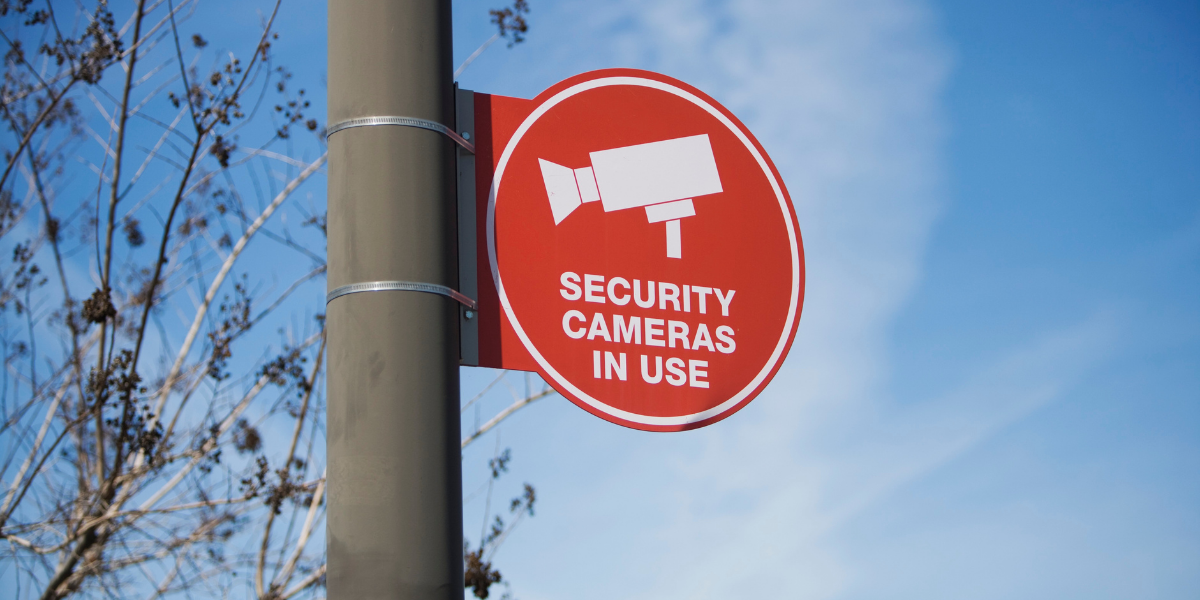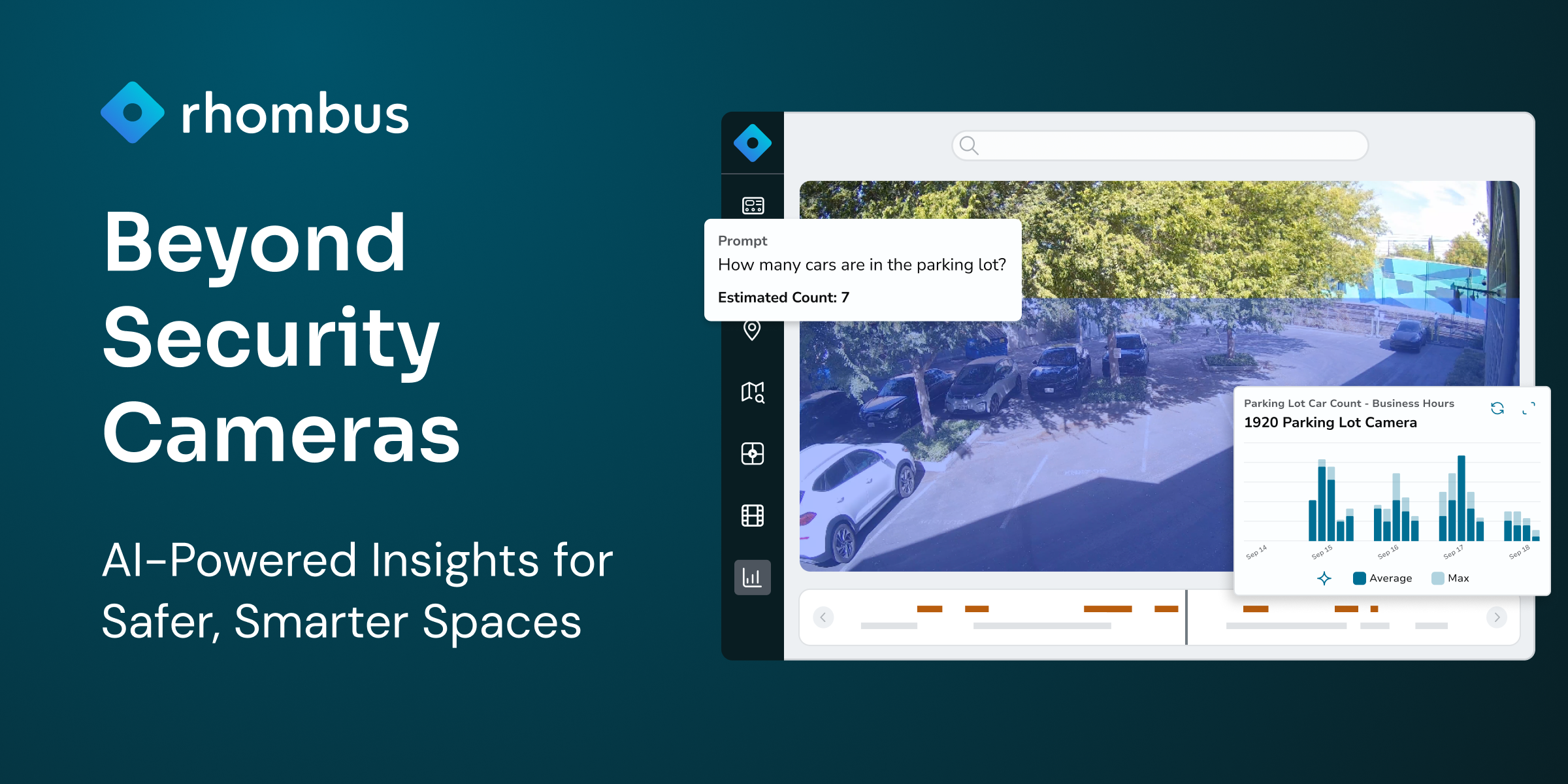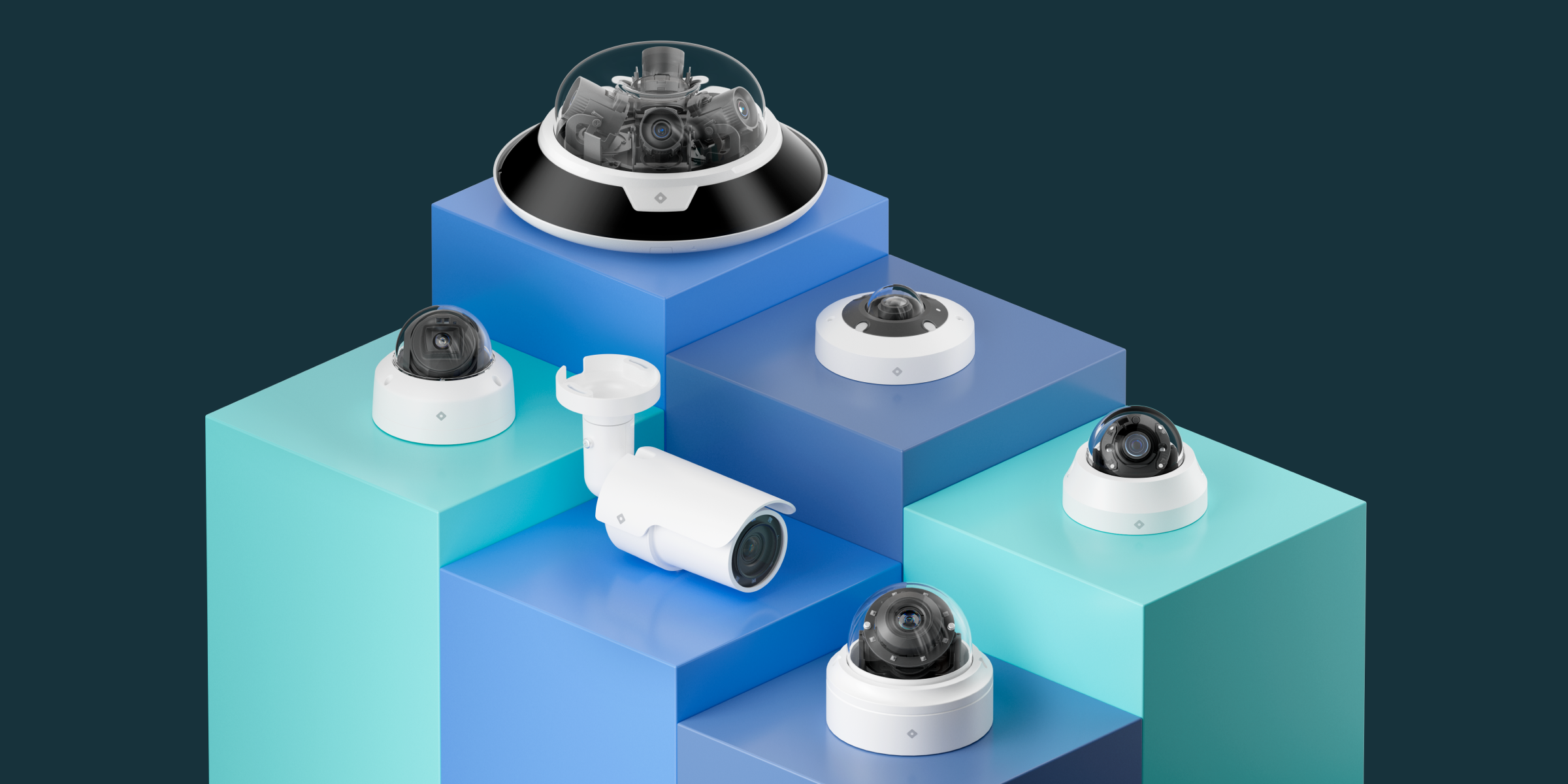Is Audio Surveillance Legal in the Workplace? Laws for Audio and Video Surveillance

When it comes to audio and video surveillance, one of the most common questions businesses have is whether they need to notify employees and customers about their use of security cameras. The answer depends on multiple factors, including the organization’s location, where the cameras are installed, and the overall use case for the surveillance system.
In this article, we cover regulations for audio and video surveillance, common scenarios businesses encounter, and the recommended best practices for respecting employee and customer privacy rights during audio recording and video security.
What is Audio Surveillance?
Audio surveillance refers to monitoring and recording all sounds and conversations that take place at workplaces. This involves monitoring meetings, in-person conversations, and phone calls within the defined commercial space for security and compliance purposes. It can typically involve the use of specialized equipment, such as microphones, recorders, or other audio recording devices.
Audio Surveillance Components
There are multiple components that come together for an effective audio surveillance system:
- Microphones for calls, room sensors for meetings, and entry point audio recording devices that capture workplace audio for business purposes.
- Recorders and storage systems connected to secure servers that store encrypted audio files.
- Monitoring dashboards for live monitoring and playback, equipped with tools for quality assessment and performance review.
Regulations on Audio Surveillance
“Is Audio Surveillance legal in the workplace?” is a common question that employees and customers should be aware of. Audio surveillance laws are stricter than video surveillance laws. Many types of audio recordings are illegal, and failure to comply with requirements could lead to charges on the federal level for eavesdropping and wiretapping.
Consent Requirements
For audio surveillance security systems to be legal, the recorded parties must be aware that they are being recorded and consent to it. In 38 states, one party consent rule is enforced, allowing recorded conversations if at least one person is aware of it. In 12 states, all-parties consent is required.
If an organization wants to use audio surveillance as part of its security solution, it’s critical to have a legitimate business reason and obtain participants’ consent for every piece of audio recording. For employees, this may be achieved by including notice of audio recording in the employee handbook and obtaining a dated signature. For customers and the general public, businesses must post visible signs informing everyone that audio and video recording is occurring—this is what many retail stores do.
Regulations on Video Surveillance
Video surveillance in the workplace is generally legal in the United States, with employers having broad rights to monitor their premises for security and business purposes. However, these rights are balanced against employee privacy expectations and must comply with federal and state regulations regarding camera placement, notification, and recording practices.
Are businesses required to notify customers about video surveillance?
Depending on local laws, businesses may not need to explicitly disclose the presence of security cameras to customers, but they must always respect “reasonable expectations of privacy.” General video surveillance laws in the U.S. allow monitoring and recording in areas where there is no “reasonable expectation of privacy” but audio surveillance to record conversations require specific consent. A good rule of thumb is to restrict camera use to public and shared areas.
It’s highly recommended to provide this notice in writing and obtain employees’ written confirmation of their understanding and consent to be recorded. Most employers will disclose the presence of security cameras in an employee handbook.
For details on the legality of video surveillance in the workplace, see the article: Is It Legal to Have Security Cameras in the Office - Everything You Need to Know About Workplace Surveillance Laws.
No hidden cameras allowed
Hidden cameras are considered a violation of workplace privacy law in almost all circumstances. Some states outlaw hidden cameras outright; for example, employers in Connecticut are legally required to notify employees of security cameras. Though some courts have found the use of hidden cameras in the workplace legal in highly specific circumstances, employers should disclose all security cameras to employees.
Making security cameras visible
We recommend installing security cameras in locations where they are plainly visible. Some states have stricter laws around hidden workplace surveillance cameras—for example, New Hampshire, Maine, Kansas, South Dakota, and Delaware require consent to use hidden cameras of any kind.
Is signage required?
As long as cameras are in areas without a reasonable expectation of privacy, and you’re only capturing video with no audio, signage is generally unnecessary. You may wish to include signage anyway to cover your bases or deter bad actors.
Review local privacy laws
Apart from a few exceptions, there are no U.S. federal laws prohibiting video surveillance in the workplace. Determining what level of monitoring vs. privacy is acceptable is generally left up to the state privacy laws.
Some states have stricter laws around hidden surveillance cameras, and in some states, security cameras are illegal anywhere with a reasonable expectation of privacy. This includes dressing rooms, bathrooms, hotel rooms, locker rooms, and more. However, other states permit video surveillance in these areas—only if there is a public notice indicating the presence of security cameras.
This variance makes it crucial for organizations to look to their local privacy laws to remain compliant.
Best Practices for Video and Audio Surveillance Systems
For organizations that want to use audio and video surveillance, the first step is to check with your legal team to make sure that deploying security cameras is appropriate for your work environment and legal in your given locale.
Unlike recording audio, video recording is legal as long as it is done in public areas with no expectation of privacy. Audio recordings are often illegal, especially when no party is aware that it is taking place. It’s highly recommended that organizations who wish to record audio closely refer to their legal team and local and federal laws.
As a rule of thumb, it’s best to be transparent with employees when using cameras and properly disclose their use in any employee handbooks or other company materials given to employees to disclose company practices.
If you have any questions about using security cameras safely and legally or would like to upgrade your video surveillance system, request a free trial and a specialist consultation from Rhombus.
Rohan Hemrajani serves as Director of Product & Content Marketing at Rhombus. He has over 10 years of marketing experience, ranging from multinational to startup brands, with the majority in the IoT industry. Rohan has launched several new products and programs designed to deliver safety and efficiency across diverse industries.



